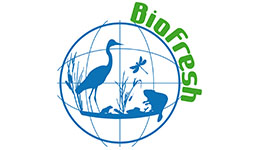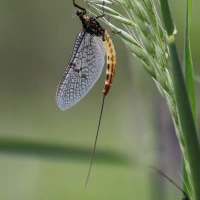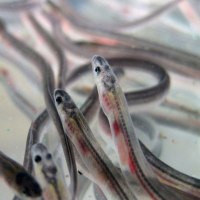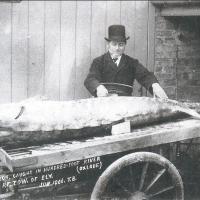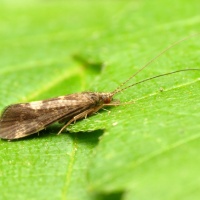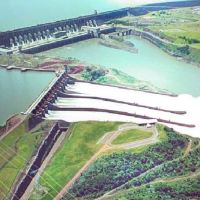Meet the BioFresh team: Paul Jepson
Paul Jepson leads Work Package 8 of BioFresh, which aims to strengthen evidence-based policy making and conservation planning for freshwater ecosystems through the effective and inventive communication and dissemination of the project’s results. Paul is the course Director of the MSc in Nature, Society and in Environmental Policy at Oxford University, following a career in U.K. and international conservation policy and management. His research interests span protected area planning, wildlife trade, conservation history, attitudes, values and practices, media representations of conservation issues, and the role, accountability and legitimacy of conservation NGOs.
 1 What is the focus of your research for BioFresh, and why?
1 What is the focus of your research for BioFresh, and why?
I don’t have a specific research role. Rather my role is to lead thinking on how we can make the science of our team and others accessible to those who need it and/or would benefit from knowing about it. I’m inspired by the notion of ‘Science in Action’. But what does this actually mean? Is it a more evidence-based policy? Yes, in part, but there are many fascinating and important questions associated with the concept. For example, what are the practical ways of communicating science? Who should we target? What message framings work? How can we enroll the new digital architecture, and what are the political, democratic and ethical implications of scientists engaging more directly in the ways they have voice?
2. How is your work relevant for policy makers, conservationists and/or the general public?
I think I have already answered this. However, I would add that some exciting cross-disciplinary conversations on the issue are emerging in Oxford and other European universities. In Oxford these involve a number of our specialist research groups, for instance the Reuters Institute for the Study of Journalism, the Oxford e-Research centre, the Institute for Science, Innovation and Society as well as campaign teams in NGOs such as Oxfam. My sense is that BioFresh is part of a new ‘Science & Society in the 21st century’ debate that is gaining momentum and will be highly relevant to policy makers, conservationists , scientists and wider publics.
3. Why is the BioFresh project important?
On one level it is important because life on Earth is fascinating but little understood. Lots of life lives in freshwater but few people are giving much thought to this. However, BioFresh has another important dimension which concerns the assembly of a new form of scientific infra-structure. This captures a vision where data is available to all, irrespective of financial resources and access to networks. Where – through freeing up data locked behind barriers of language, scientific conventions and vested interest – we can start asking multi-scalar questions (spatial and temporal) of ecological and social systems. As yet I haven’t heard of much analysis across FP7 projects on this point, but I sense that a similar ethos can be identified in many projects.

Indonesian logging. Image: P Jepson
4. Tell us about a memorable experience in your career
It was my time working in Indonesia during the 1990s. Over the years I worked in conservation and resource management it became increasingly clear to me that the natural science knowledge and management frames that we were deploying were having minimal effect in terms of influencing the practices and behavior of government, resource-extraction industries and communities. I also realized that I lacked the conceptual frames – software of the mind if you like – to ask meaningful questions about why we were having such limited effect and to analyse the broader societal action arena within which we were putting our conservation science and projects to work. This prompted me to move over into the social sciences and join an interdisciplinary Geography department. Intellectually this crossing of the natural-social science divide has been enormously stimulating and worthwhile even though life as a ‘boundary scholar’ raises all sorts of challenges relating to the disciplinary silos that structure contemporary academic life.
5. What inspired you to become a scientist?
To be honest I became a conservationist and was inspired to do so by a passion for bird-watching and travel which dominated my life from early teens into my late twenties. Science was a means to explore my curiosity of the natural world and generate reasons why it should be conserved. Over the years it has become a framework for me to engage with issues that are important to me in a structured, rigorous, creative, innovative, and reflexive way.

Birdwatching. Image: P Jepson
6. What are your plans and ambitions for your future work?
To be part of a new form of science that enables society to face accelerated environmental, climatic and social change with confidence and a vision for a better socio-ecological world. I’m not quite sure how to do this but I see exciting prospects in the field of eco-informatics. In particular the interacting developments in the fields of mobile and cloud computing, data integration, data visualisation and capture, sensor miniaturisation and machine learning, and the rise of crowd-sourcing and citizen-cyberscience. The assembly and interplay of these new technologies and practices with established science, for me at least, represents an exciting new frontier.



